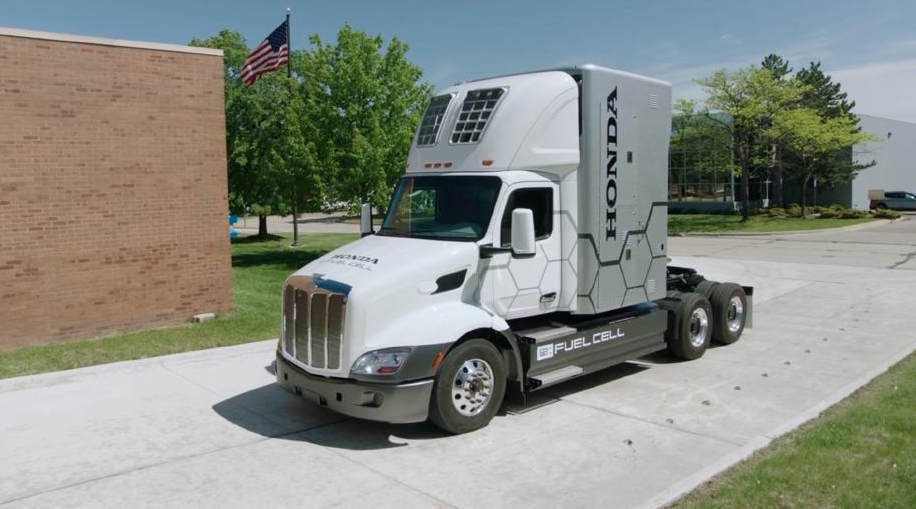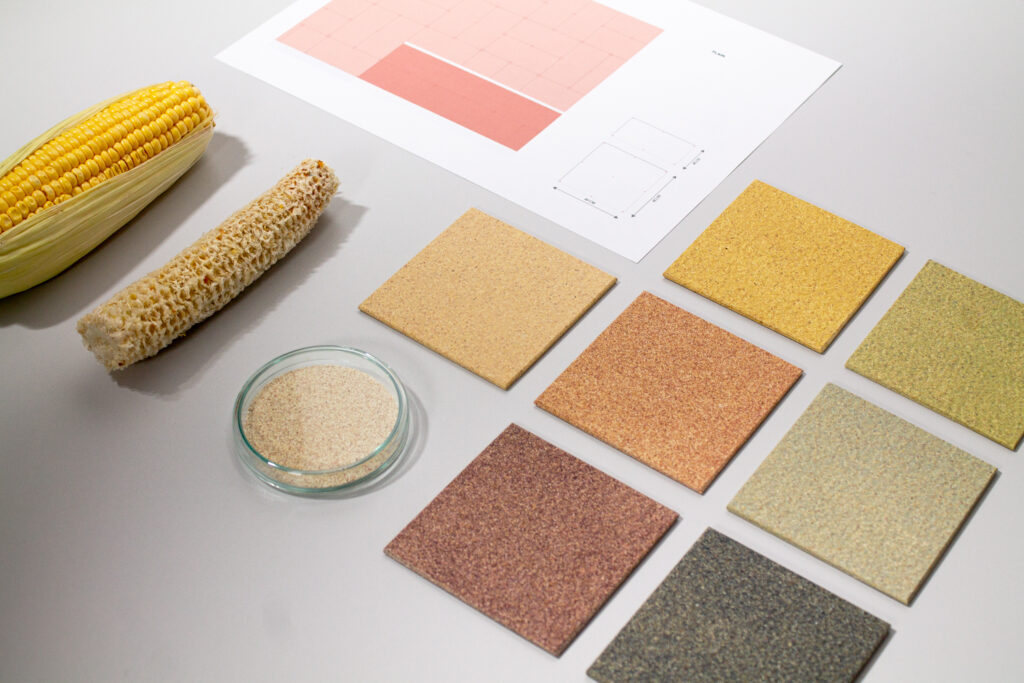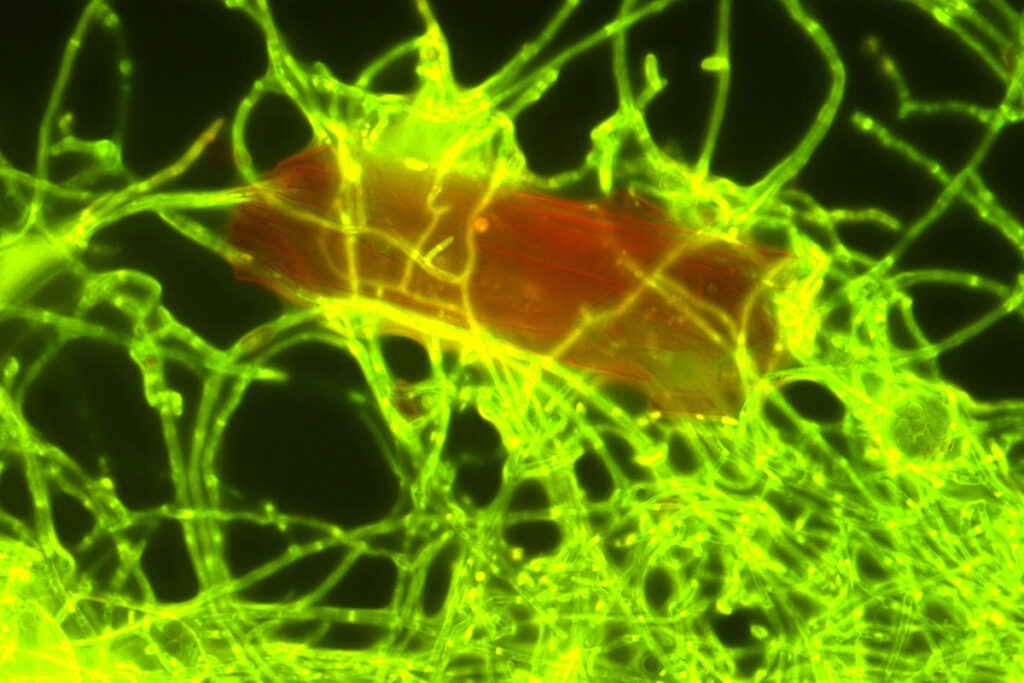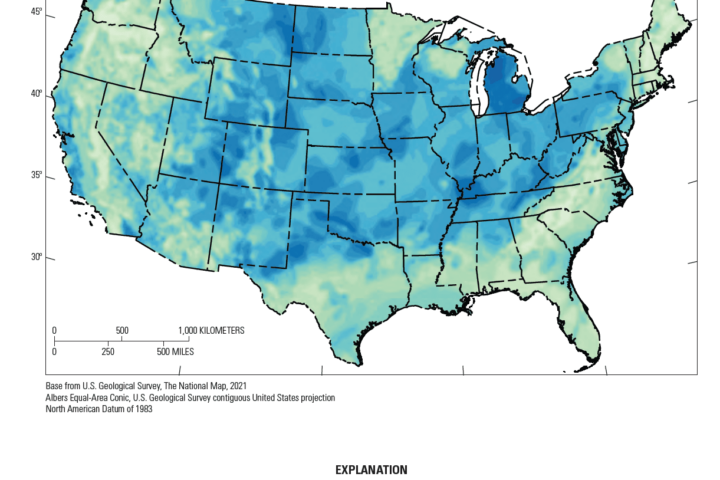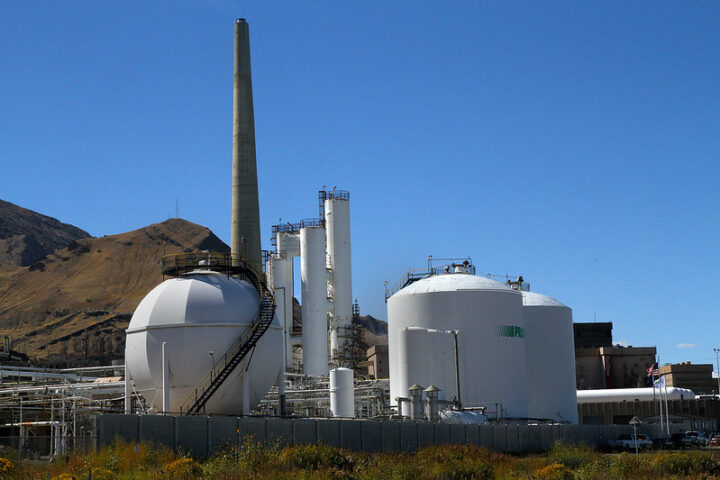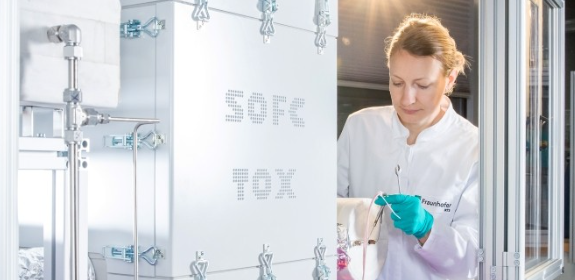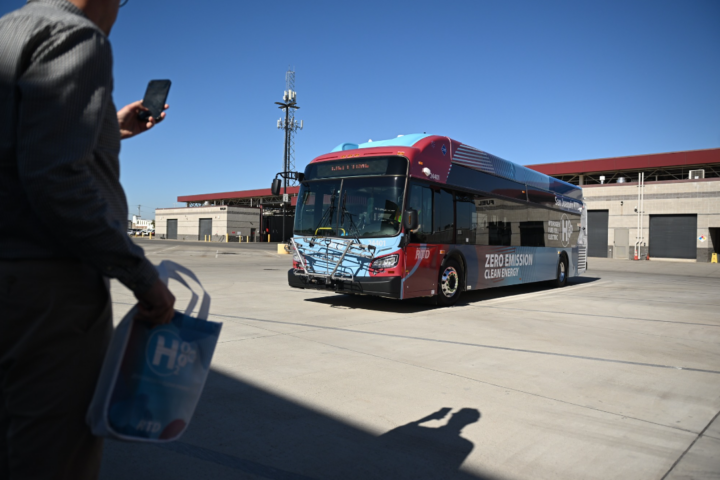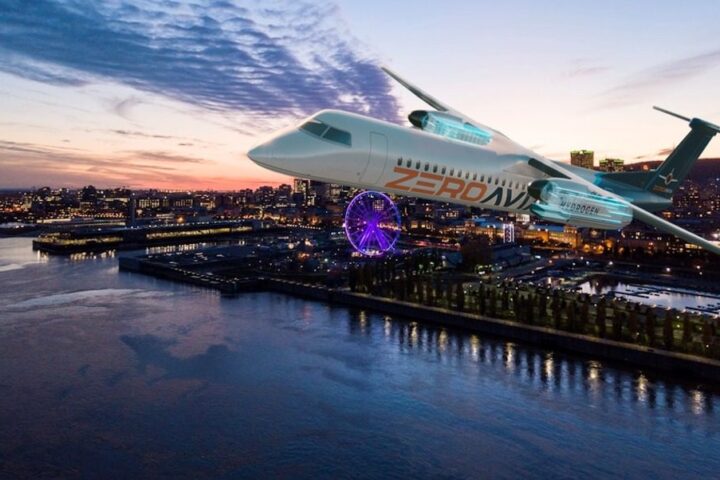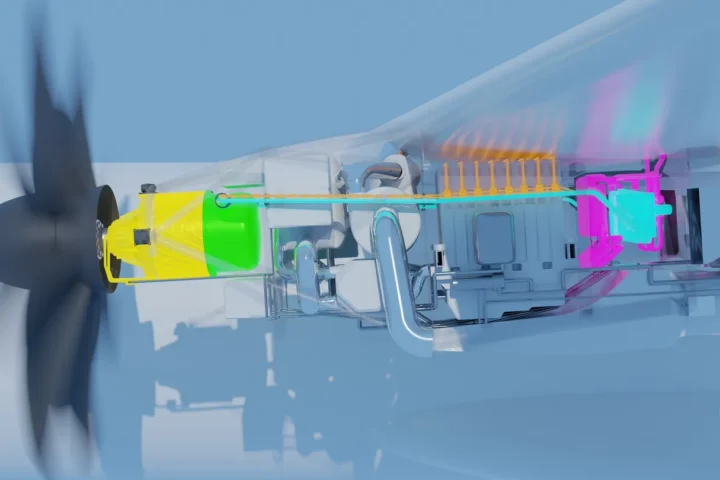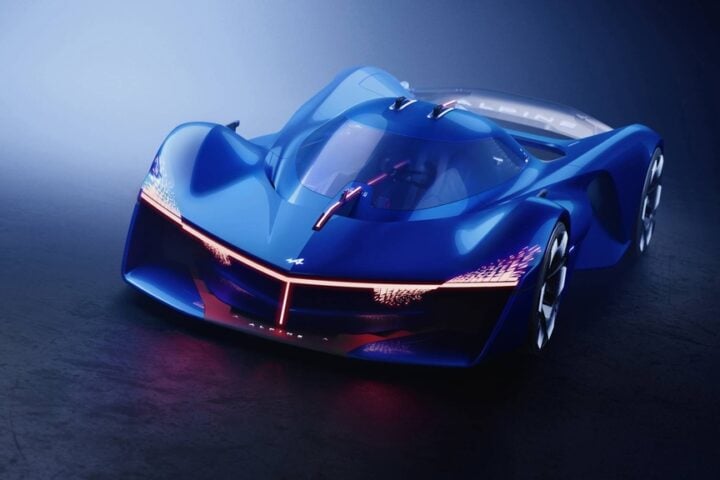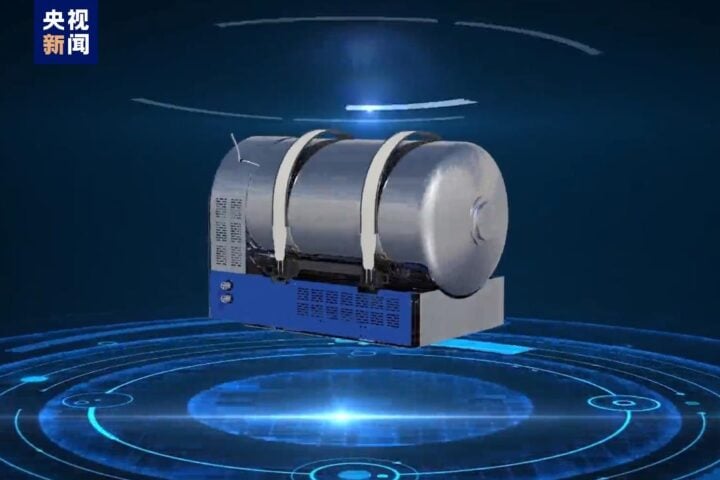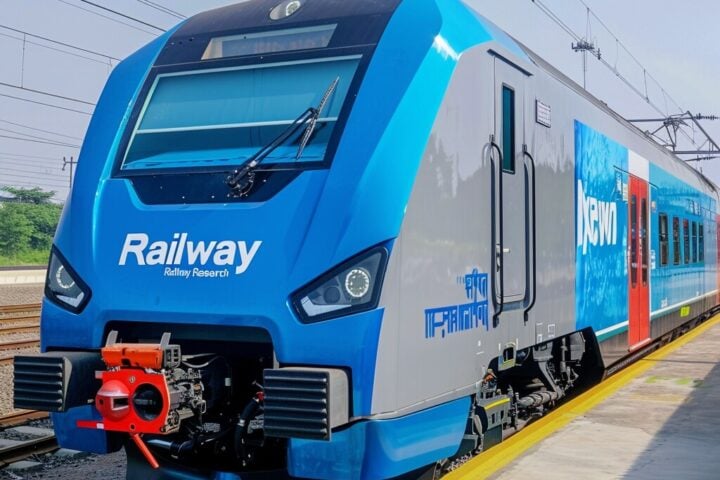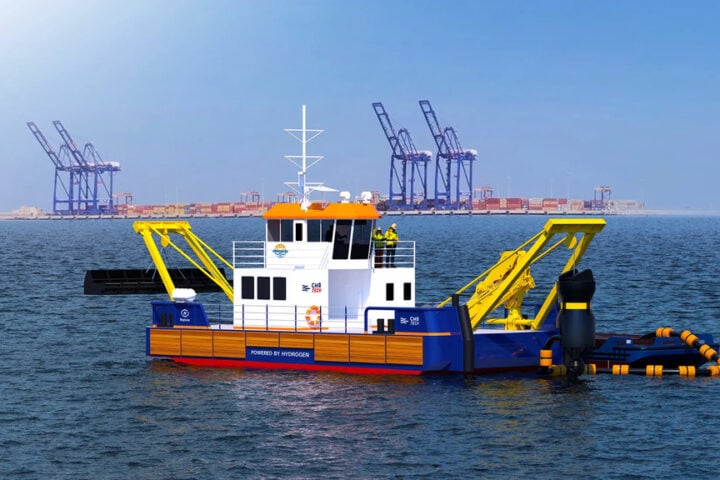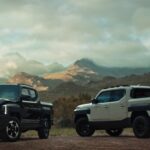Honda will debut an 8th-grade hydrogen fuel cell truck concept for the first time at the Advanced Clean Transportation (ACT) Expo on May 20, showcasing the launch of a new demonstration project aimed at producing fuel cell power products for the North American market in the future. As the company expands its hydrogen business, Honda is seeking new business partnerships to achieve its global goal of zero environmental impact, including carbon neutrality for all products and corporate activities by 2050.
The operational Honda Class 8 truck concept is powered by three new Honda fuel cell (FC) systems, which are now being mass-produced at Fuel Cell System Manufacturing, LLC (FCSM), a joint venture plant with General Motors (GM) located in Brownstown, Michigan. The new fuel cell system is crucial to Honda’s hydrogen business strategy. Developed jointly by Honda and GM over the past decade, the Honda FC system improves performance, doubles durability, and reduces costs by two-thirds compared to the previous generation system.
Honda has identified four core areas for the initial use of its new fuel cell system: fuel cell electric vehicles (FCEVs), fuel cell commercial vehicles, stationary power stations, and construction machinery. Ryan Harty, Assistant Vice President of Sustainability and Business Development at American Honda Motor Co., Inc., stated, “Commercial vehicles, including Class 8 trucks, where fuel cells offer the best zero-emission replacement for existing diesel applications, are a key part of Honda’s broad hydrogen business strategy.”
Similar Post
In addition to Honda’s showcase at the ACT Expo, Harty will also deliver a keynote address at the Ultra-Clean Heavy Vehicle Summit on May 22 to provide more details about Honda’s hydrogen plans. Honda will showcase the following zero-emission products and technologies at its ACT Expo booth (#1031): the 2025 Honda CR-V e:FCEV, the first production plug-in hydrogen fuel cell electric vehicle in the United States; Honda’s fuel cell system; and the Honda Autonomous Work Vehicle (AWV), a prototype all-electric off-road vehicle designed to improve workplace efficiency and support repetitive tasks.
Companies interested in partnering with Honda’s hydrogen business can contact [email protected]. The 8th-grade hydrogen fuel cell truck concept specifications include an overall length/width/height of 8,000 mm / 2,400 mm / 4,000 mm, a GCW of 37,273 kg (tractor weight target: 12,918 kg, payload target: 24,355 kg), a top speed of 70 mph (estimated), a practice field GCW of 400 miles (estimated), a fuel cell system output of 240kW combined (80kW x 3 FC systems), a high-pressure 700 bar hydrogen tank of 82kg-H2, and a 120kWh high-voltage battery.
Honda is striving to achieve its global goal of zero environmental impact by 2050 through its “Three Joys to Zero” approach, including achieving carbon neutrality for all products and corporate activities, 100% utilization of renewable energy and resource recycling, 100% use of sustainable materials, and recycling products back into raw materials when creating new products. To reduce the environmental impact of its operations, Honda also offsets carbon dioxide emissions from its North American manufacturing operations through long-term virtual power purchase agreements (VPPAs) for renewable wind and solar energy, which aim to cover over 60% of Honda’s electricity usage in North America. Honda also promotes environmentally responsible business practices in collaboration with its suppliers and retail dealer partners in North America.
